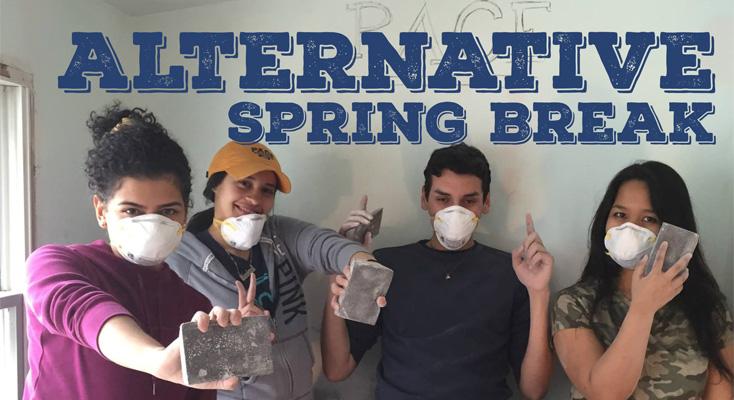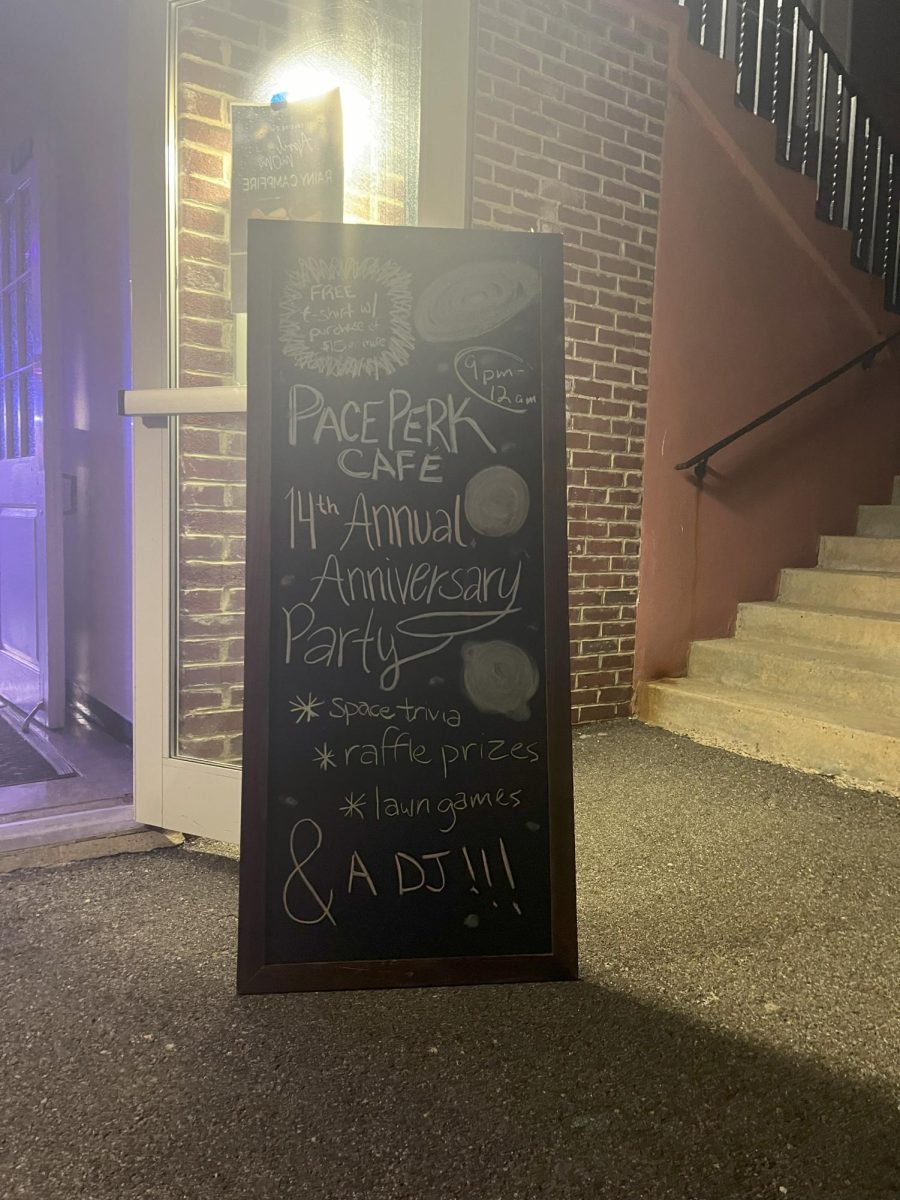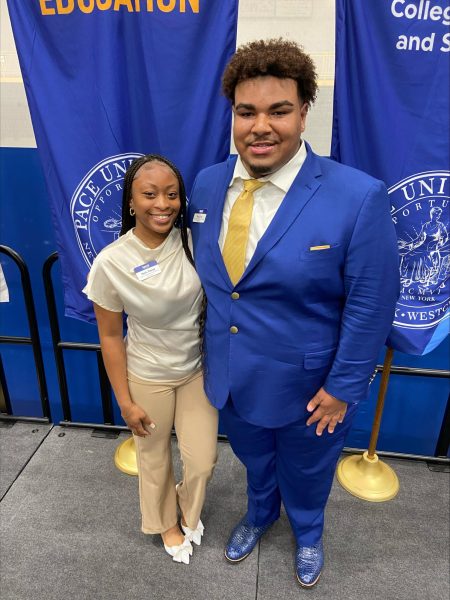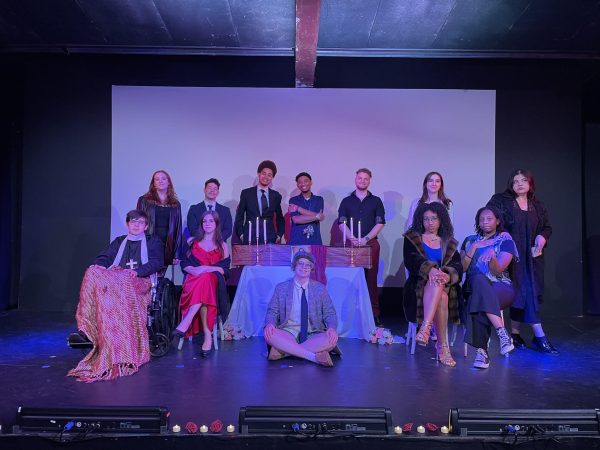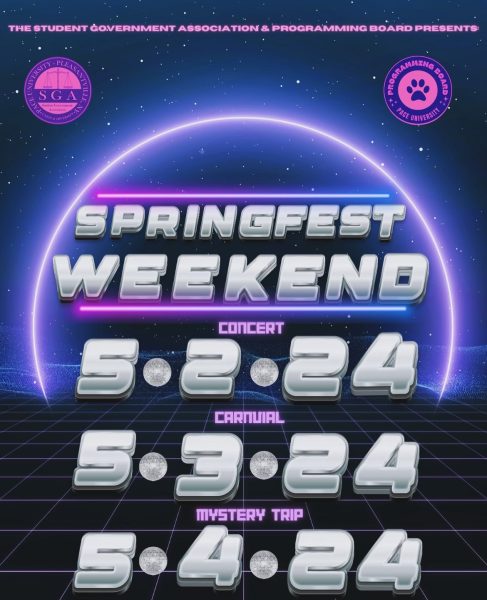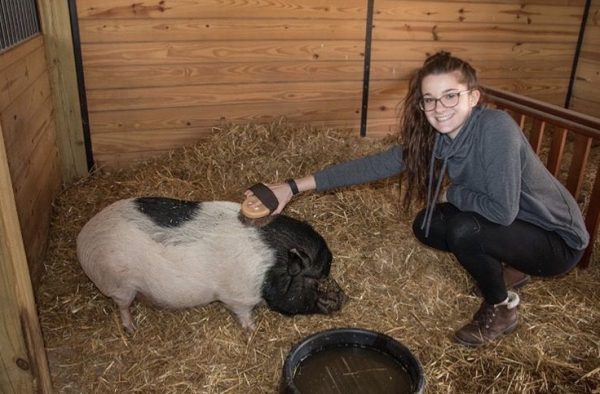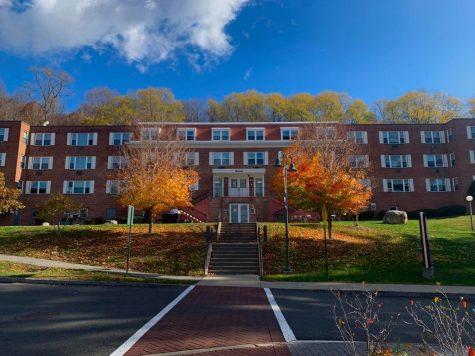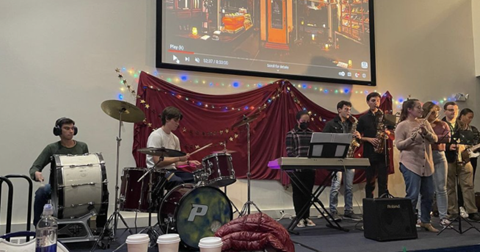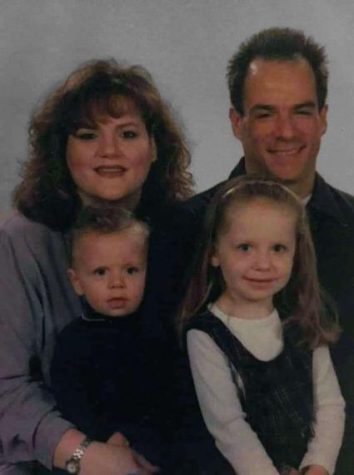Pace’s Alternative Spring Break provides Students with top-notch Civic Engagement opportunity
Pace’s Alternative Spring Break allows student to engage in the vital rebuilding project for those still impacted by Hurricane Sandy.
February 17, 2019
Spring break for college students is often seen as a time to relax, be with friends, and if the weather’s right, head to the beach. For some Pace students this spring, however, they will be spending their time rebuilding homes for Hurricane Sandy survivors with the Center for Community Action and Research (CCAR) as part of the Alternative Spring Break program.
This is the sixth year Pace has held this trip and students continue to show interest and participate. The Alternative Spring Break program has been around since 2005 when Hurricane Katrina swept through states like Louisiana and Mississippi. Students from around the country dedicated their time and labor to rebuild homes and help get people back on their feet. Pace students and faculty were inspired by this endeavor.
Two information sessions, as well as a video conference with the New York City campus team, were held for the CCAR event. This allowed students to have contact with not only Tyler Kalahar, the program coordinator on the Pleasantville campus, but also the Program Coordinator on the New York City campus, Dan Botting. The Alternative Spring Break trip allows Pace students from both main campuses to unite and participate in an event that has a lasting effect. The students stay at Camp Evans. The students are transported to the site each day, and work from about 8:30 a.m. to 5 p.m.
The trip provides an opportunity for students to come together and aid the people who were left behind after their homes were destroyed by Sandy. Many prior trips were held in Rockaway Beach, New York, but this year helping people in New Jersey was considered the best option. Although Hurricane Sandy was nearly seven years ago, some individuals have yet to move back into their homes.
This experience will be difficult, as there are three days of often grueling construction work, but it is also rewarding. If lack of knowledge about construction work has stopped one from attending the event, the trip’s coordinators want it be known that experience is not a requirement and they look for people with diverse backgrounds.
“Everything I’ve done on this trip, I’ve learned how to do from scratch,” said Kalahar.
The trip’s goal is to not just about construction work; it is about having compassion for all people, learning about various societal issues, and making an impact on the world. The application for the trip allows students to specify which social issues are most important to them; climate change, race and class, public and political response, and disaster response. And while trip is about helping people and making a difference, the added benefit is forging lifelong friendships.
“Almost all of the students feel like their lives have changed on this trip” Kalahar stated.
At the end of the trip, students are rewarded with a celebration dinner. According to Botting and Kalahar, this is often an emotional time as the students have all grown close with each other by that time. The participants are also required to complete a post-project after the trip, such as a letter to an elected official, an op-ed, or a class presentation.

